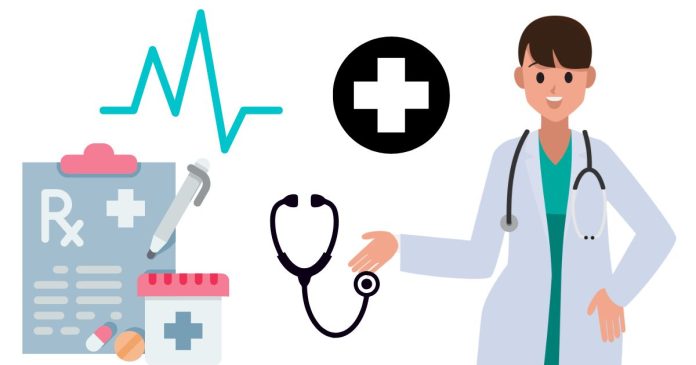What Do the Medical Abbreviations AC and HS Mean?
In the medical field, abbreviations are commonly used to simplify communication, especially when recording instructions for medication or patient care. Two such abbreviations, AC and HS, are frequently encountered in prescriptions and nursing notes. Understanding these terms is vital for proper patient care and medication administration.
What Does AC Mean?
The abbreviation AC stands for “ante cibum”, a Latin term that translates to “before meals” in English. It is used to indicate that a medication or treatment should be administered before the patient eats.
Examples of Usage
- “Take 1 tablet AC”: This means the patient should take one tablet before eating a meal.
- AC is typically used for medications that:
- Work better on an empty stomach.
- Need to be absorbed before food interferes with their action.
- Aim to control symptoms that occur with eating (e.g., blood sugar spikes).
What Does HS Mean?
The abbreviation HS stands for “hora somni”, another Latin phrase that means “at bedtime” or “before sleep”. It is used to specify that a medication or procedure should be performed in the evening, just before the patient goes to bed.
Examples of Usage
- “Take 2 capsules HS”: This means the patient should take two capsules before going to sleep.
- HS is often used for:
- Medications that promote sleep (e.g., sedatives).
- Medications better absorbed or more effective overnight (e.g., cholesterol-lowering drugs).
- Nighttime treatments like applying ointments or patches.
Why Are These Abbreviations Important?
- Clarity in Medication Timing: The use of AC and HS helps ensure that medications are taken at the optimal time for maximum effectiveness.
- Prevention of Errors: Clear instructions reduce the risk of missed doses or improper timing, which could impact treatment outcomes.
- Consistency Across Healthcare Settings: These standard abbreviations are recognized globally, ensuring consistent care.
Tips for Patients
- Follow Instructions Closely: If you see AC or HS on your prescription, make sure you understand when to take the medication. Ask your healthcare provider or pharmacist for clarification if needed.
- Set Reminders: To avoid forgetting doses, consider setting alarms or incorporating medication into your daily routine.
- Communicate Allergies or Concerns: Let your healthcare provider know if timing conflicts with your schedule or dietary habits.


